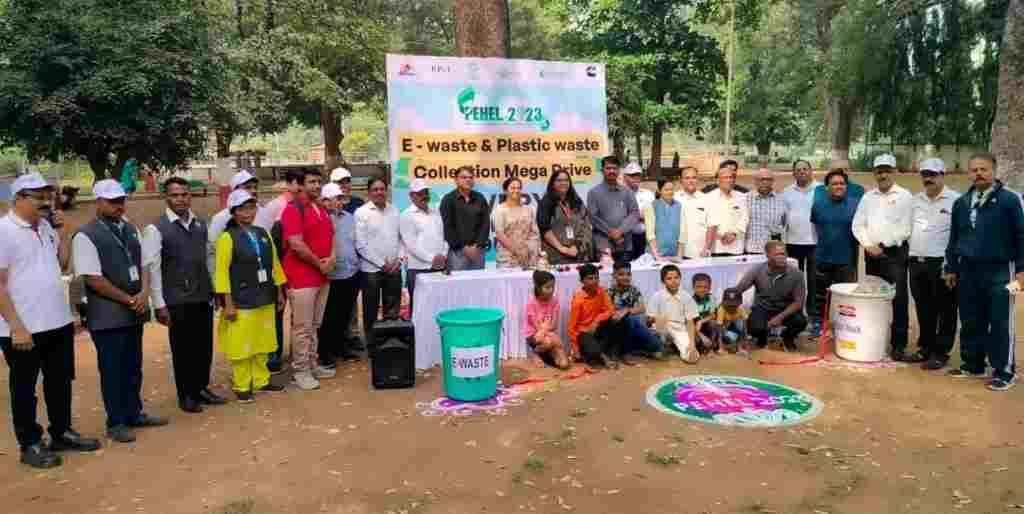
Calling all Pune residents! This Sunday, February 25th, is your chance to make a positive impact on your city's environment by participating in the "PEHEL-2024" e-waste and plastic waste collection drive. Organized by the Pune Municipal Corporation and various NGOs, this city-wide initiative aims to tackle the growing issue of waste management and promote responsible disposal practices.

The Department of Management Studies at the Islamic University of Science and Technology (IUST) in Awantipora, India, recently hosted a webinar on "e-waste management," in collaboration with Karo Sambhav, an organization promoting sustainable and responsible practices. This event brought together experts, faculty, students, and participants from diverse backgrounds to address the crucial issue of managing electronic waste effectively.
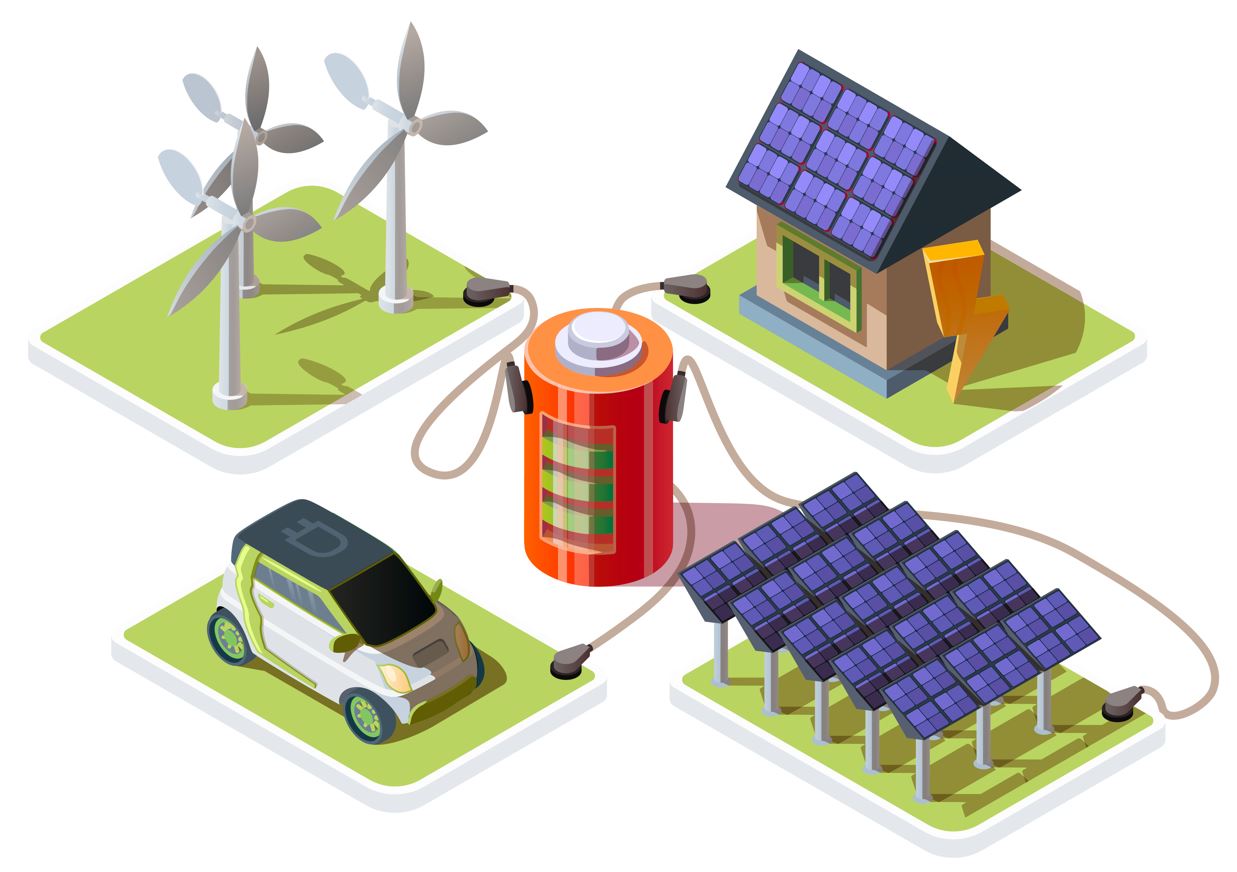
India's ambitious renewable energy goals rely heavily on solar power. But it's not just the panels that matter. High-quality solar cables are the crucial lifelines that efficiently transport this clean energy throughout the system. Their performance directly impacts the success of India's green push.
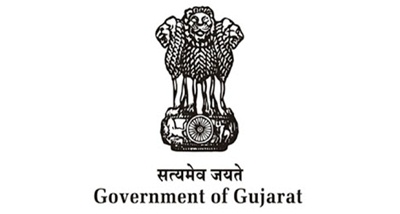
In a significant move towards rural development, the Gujarat government has designated 16 villages across five districts as "Smart Villages." This initiative aligns with Chief Minister Bhupendra Patel's vision of harnessing technology and innovation to uplift rural communities.

Guwahati, India witnessed a crucial discussion on sustainability with the International Conference on Advances in Sustainable Development, Innovation, and Green Technology (ICAS-DIGT-2024), held at Assam Downtown University. The conference, which commenced on Monday, brought together experts, researchers, and students from across the globe to explore advancements in sustainable practices and green technologies.
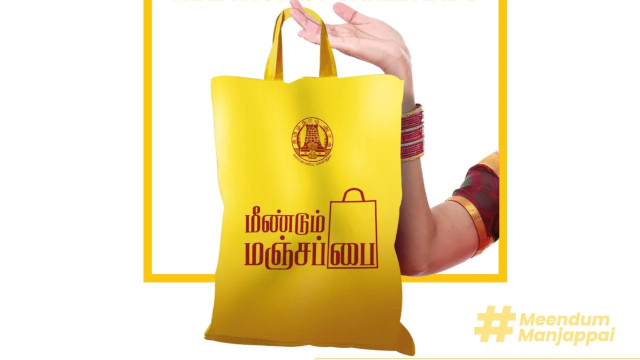
The Tamil Nadu government has announced the Manjapai Awards, which will recognize schools, colleges, and businesses that are plastic-free. The awards were announced by Environment and Climate Change Minister Meiyanathan during the Tamil Nadu Legislative Assembly session.

Seafood waste poses a significant environmental challenge, often dumped into landfills or oceans, leading to pollution and ecological harm. However, researchers at the University of Connecticut offer a promising solution: transforming this waste into valuable new products.
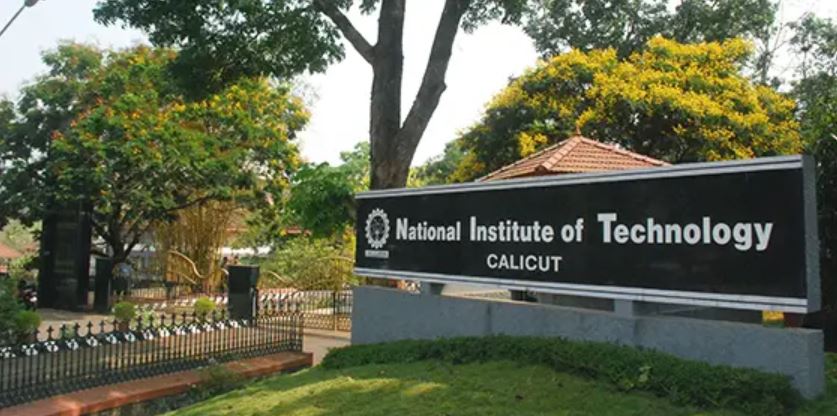
A groundbreaking innovation by the National Institute of Technology (NIT) Calicut has resulted in an eco-friendly concrete formula, aptly named "Mother Earth-Friendly Concrete." This revolutionary material addresses the environmental concerns associated with traditional concrete production, offering a more sustainable alternative for the construction industry.

Under Prime Minister Modi's leadership, India has set ambitious goals, implemented progressive policies, and launched creative projects on the path to green energy leadership. With a focus on renewable energy, India intends to reach 500 GW of renewable capacity by 2030, exceeding its NDC goals and leading the worldwide transition to clean energy.

Samsung has collaborated with accessory maker Slash B Slash to launch a new line of eco-friendly accessories for its Galaxy series, including the current Galaxy S24. These accessories, which contain over 40% post-consumer material (PCM) such as recycled plastic and vegan leather, demonstrate Samsung's dedication to sustainability.